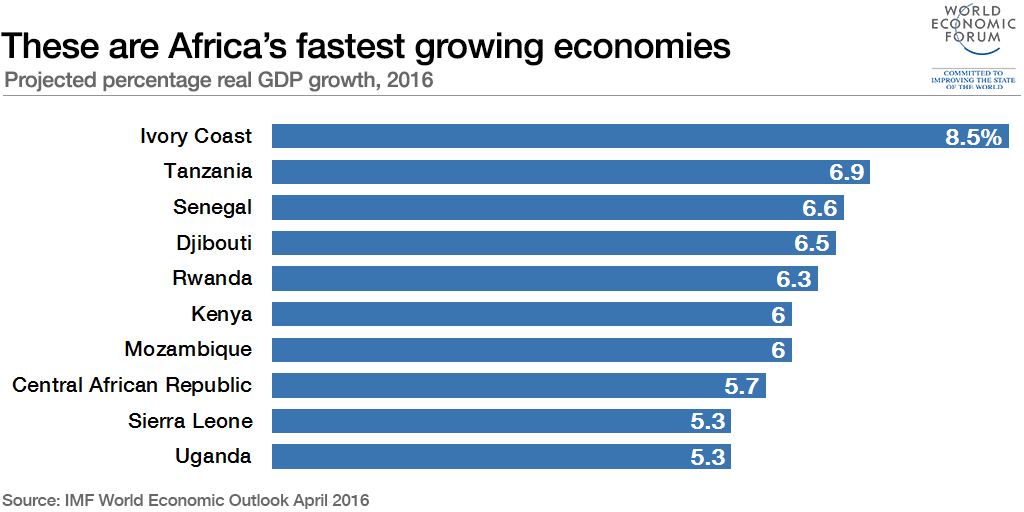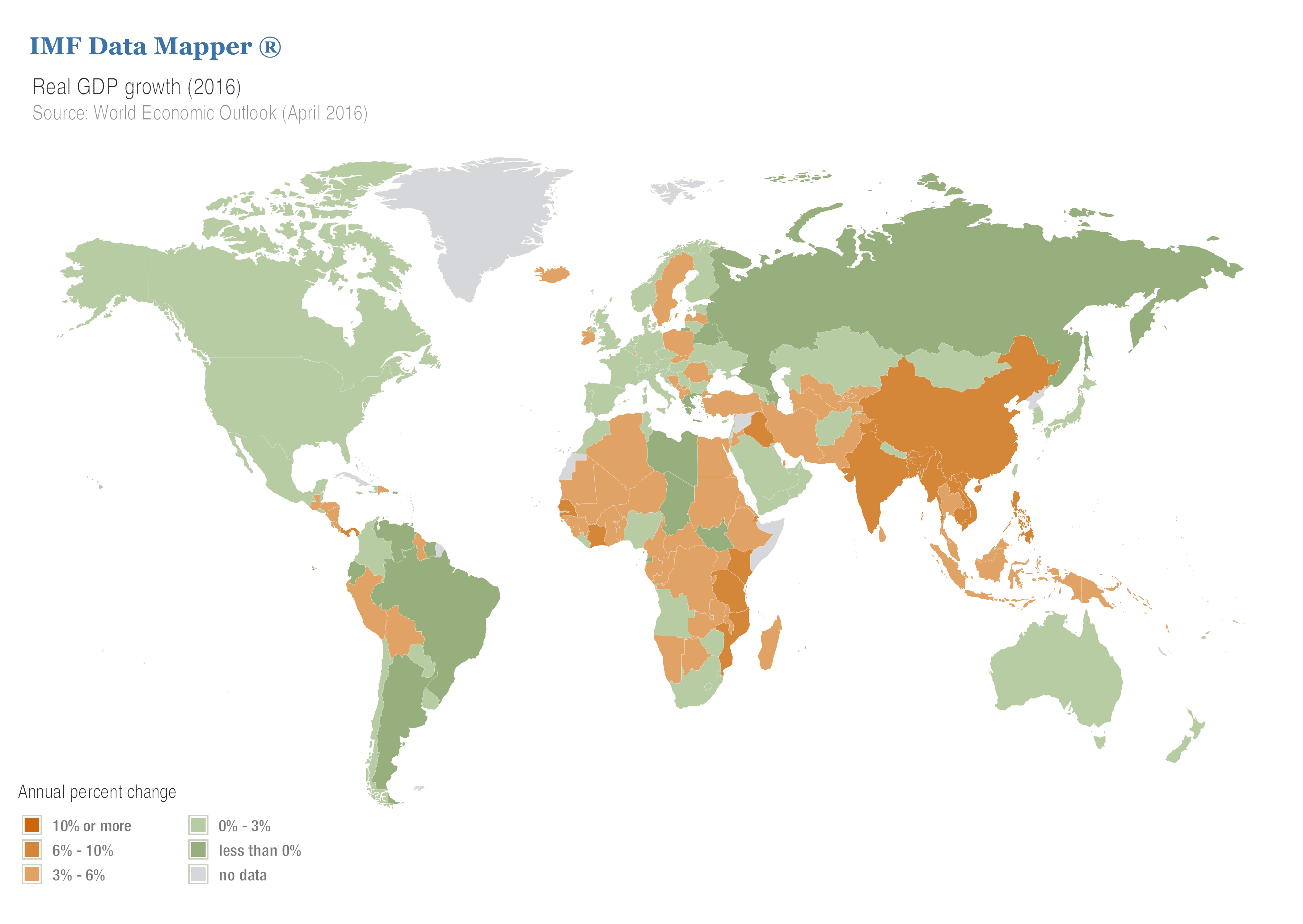Cicero
JF-Expert Member
- Jan 20, 2016
- 2,924
- 3,073
Dar es Salaam Stock Exchange (DSE) has emerged the best performer, measured by indices, in East Africa despite global headwinds that affected performance of the markets in the first half of 2016.
The Dar bourse was the only stock market in the region to register a positive trend, measured by index performance on adjusted returns (in dollar terms) that climbed by 4.8 per cent in the first half of this year.
The report issued by DSE yesterday said other exchanges in the bloc in Kenya, Uganda and Rwanda registered negative returns. Burundi and South Sudan have yet to establish a stock market.
The Nairobi Securities Exchange (NSE) index curved in to negative 2.3 per cent, while Uganda Securities Exchange sank negative 4.1 per cent and Rwanda Stock Exchange also registered a negative 7.1 per cent.
DSE Chief Executive Officer, Mr Moremi Marwa said in the second half of this year many other Africa's stock markets have had mixed results. "DSE total market capitalisation and DSEI increased from 21.308bn/- and 2,432 points to 21.729bn/- and 2,431 points respectively.
"On the other hand DSE has been battered by a slowdown in growth, the collapse of commodity prices, adverse weather, regulatory challenges, and rising debt," Mr Marwa said.
The CEO said in his Quarterly CEO Report that the market was now facing a new shock of global risk-aversion sparked by Brexit. "These fundamental and sentimental based factors were on top of the Africa's portfolio investors during the quarter under review and have impacted funds flows into the continent," he said.
Following these factors, the domestic market cap went down 7.0 per cent from 8.47tri/- in Q1 to 7.912tri/- in Q2 and Tanzania Share Index (TSI) decreased from 3,972 points to 3,706 points. Also market liquidity decreased from 123bn/- in Q1 to 102bn/- this quarter.
For the rest of Africa, DSE was the third best performer behind Johannesburg Stock Exchange (JSE) up 13.5 per cent, followed by Namibia Stock Exchange also up 12.3 per cent.
The worst performer, in the first six months, sank 27.3 per cent, Malawi Stock Exchange (MSE) 23.3 per cent and Ghana Stock Exchange 14.6 per cent.
On month-to-month basis, the Namibia Exchange led others after jumping by 7.1 per cent, followed by JSE 5.5 per cent, Botswana 1.9 per cent, DSE 0.9 per cent, Lusaka Stock Exchange 0.6 per cent and MSE 0.4 per cent.
The Dar bourse was the only stock market in the region to register a positive trend, measured by index performance on adjusted returns (in dollar terms) that climbed by 4.8 per cent in the first half of this year.
The report issued by DSE yesterday said other exchanges in the bloc in Kenya, Uganda and Rwanda registered negative returns. Burundi and South Sudan have yet to establish a stock market.
The Nairobi Securities Exchange (NSE) index curved in to negative 2.3 per cent, while Uganda Securities Exchange sank negative 4.1 per cent and Rwanda Stock Exchange also registered a negative 7.1 per cent.
DSE Chief Executive Officer, Mr Moremi Marwa said in the second half of this year many other Africa's stock markets have had mixed results. "DSE total market capitalisation and DSEI increased from 21.308bn/- and 2,432 points to 21.729bn/- and 2,431 points respectively.
"On the other hand DSE has been battered by a slowdown in growth, the collapse of commodity prices, adverse weather, regulatory challenges, and rising debt," Mr Marwa said.
The CEO said in his Quarterly CEO Report that the market was now facing a new shock of global risk-aversion sparked by Brexit. "These fundamental and sentimental based factors were on top of the Africa's portfolio investors during the quarter under review and have impacted funds flows into the continent," he said.
Following these factors, the domestic market cap went down 7.0 per cent from 8.47tri/- in Q1 to 7.912tri/- in Q2 and Tanzania Share Index (TSI) decreased from 3,972 points to 3,706 points. Also market liquidity decreased from 123bn/- in Q1 to 102bn/- this quarter.
For the rest of Africa, DSE was the third best performer behind Johannesburg Stock Exchange (JSE) up 13.5 per cent, followed by Namibia Stock Exchange also up 12.3 per cent.
The worst performer, in the first six months, sank 27.3 per cent, Malawi Stock Exchange (MSE) 23.3 per cent and Ghana Stock Exchange 14.6 per cent.
On month-to-month basis, the Namibia Exchange led others after jumping by 7.1 per cent, followed by JSE 5.5 per cent, Botswana 1.9 per cent, DSE 0.9 per cent, Lusaka Stock Exchange 0.6 per cent and MSE 0.4 per cent.



